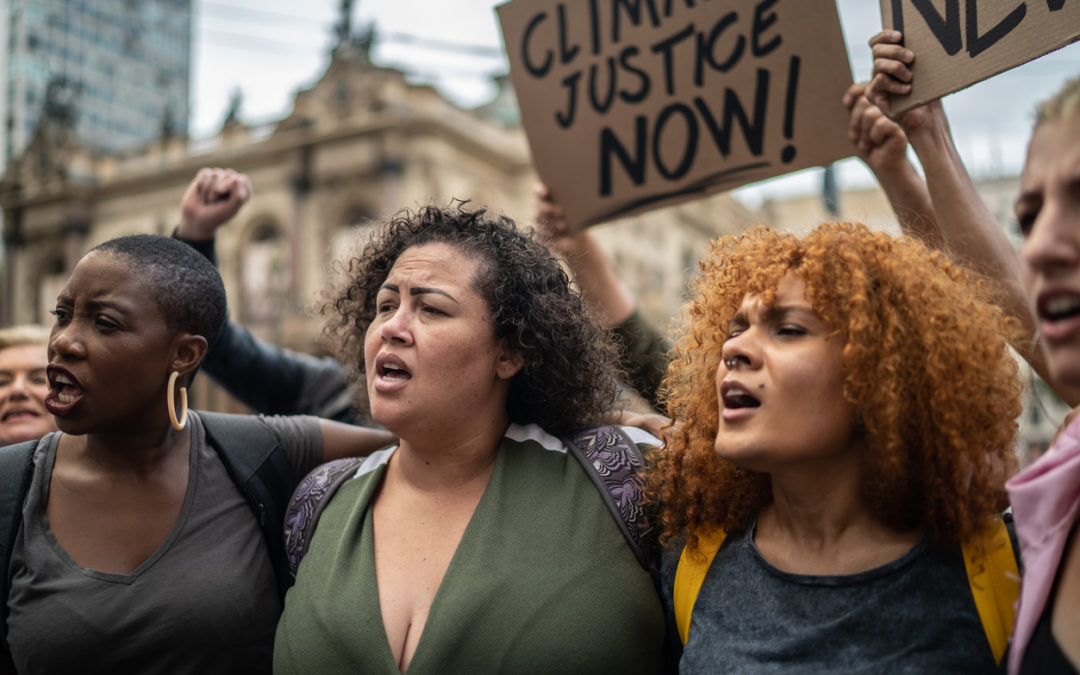The States of Washington and Nevada have proclaimed August 29th as Environmental Justice Day to highlight the human cost of pollution and climate change. Each state has compiled resources for its citizens to address environmental issues in their communities and learn more about state and federal environmental justice initiatives. Both states recognize that low-income households and historically marginalized communities far too often bear the brunt of the impacts of climate change, and this can have life-long, devastating impacts.
America is dotted with communities burdened by the runoff of our unsustainable, climate-changing approach to industrial waste and greenhouse gas emissions. Sadly, there are communities shouldering the brunt of these human-made harms. Overwhelmingly, these communities are low-income or have a high proportion of people of color or Indigenous descent.
The connection between climate change and pollution to harm in the environment is sometimes easier to see than what’s happening to people’s health. That daily exposure can cause chronic issues with breathing, headaches, or nausea, as well as cancer, kidney failure, reproductive issues, and birth defects.
States like Washington and Nevada have stepped up more in recent years to advance environmental justice, and much work remains here and at the national level. Governments need to include environmental justice principles in strategic planning; empower overburdened and vulnerable communities, as well as Tribes, in decision-making; and establish effective ways to track and improve environmental justice.

